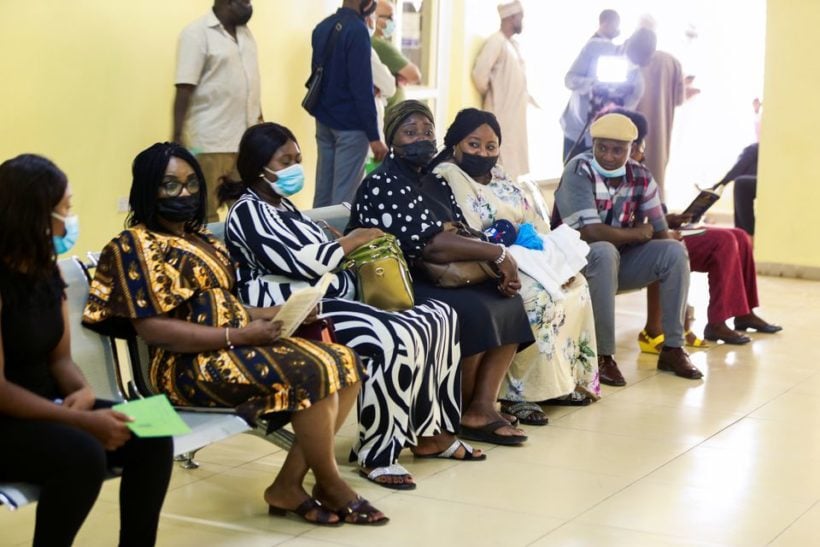
COVID-19 mandatory vaccination could potentially accelerate vaccine uptake and the attainment of herd immunity, but a new study has found that only 40% of Africans support the idea.
It also found substantial vaccine hesitancy among Africans living in Africa as well as in the diaspora. Only 63% of participants would receive COVID-19 vaccination as soon as possible, and an additional 5% would receive vaccines after considering their safety among earlier vaccinated individuals.
The findings of this cross-sectional online survey among African residents in 29 African countries and Africans in the diaspora are published in a peer-reviewed journal, PLOS One.
The researchers evaluated perceived SARS-CoV-2 risk and vaccine hesitancy among respondents and identified sociodemographic factors related to vaccine hesitancy. They also examined previous practices regarding vaccination as a significant predictor of future practices.
“We found that respondents’ risk perception was related to their attitude to COVID-19 vaccines. The odds of vaccine hesitancy was substantially low if participant’s perceived risk of infection or sickness was very high,” said Dr Shameem Jaumdally, co-author and senior research scientist at the University of Cape Town’s Lung Institute.
“Most respondents in our study (≥60%) knew at least one person infected with the coronavirus and believed that they had a medium to very high risk of being infected and developing severe illness. Nonetheless, vaccine hesitancy was high in our population – 26% believed the vaccines were unnecessary, and 43% believed alternatives to COVID-19 vaccination exist.”
Jaumdally said vaccine hesitancy was more common among young people than older adults and in rural areas compared to urban ones.
“The burden of COVID-19 was considerably less among young people, partly due to their lower risk of comorbidities. Urban residents experienced a more significant disease burden and suffered a greater economic impact as a result of the pandemic. The overall self-rated knowledge, perception, and awareness of vaccines were high in our study. Most respondents claimed to understand how vaccines work, the routes of vaccination, and which vaccines are recommended for adults,” he said.
Concerns about vaccine safety were common in the study, said Jaumdally.
“The majority of respondents were worried about the vaccines’ side effects, and many were even concerned that they might get infected with the coronavirus by obtaining the vaccine. Concerns about vaccine safety could strongly worsen any vaccines’ hesitancy, and planning for COVID-19 vaccination programs should proactively anticipate this challenge,” he said.
Jaumdally noted that many respondents advocated for information campaigns as part of vaccination programs.
“Respondents receive COVID-19 information from healthcare workers (51%), scientists (44%), news media (43%), and schools (41%); multi-channel information campaigns may therefore be beneficial for optimal coverage. Behavioural insights relating to social norms could guide these campaigns’ design,” he said.
“Respondents identified the value of convenience to improve the accessibility of vaccinations. Although many of them were willing to travel up to an hour to receive vaccines, they recommended vaccination at beneficiaries’ homes or offices. Addressing these “last-mile issues” could drastically reduce vaccine hesitancy.”